Public reception for the unveiling of Ubisoft’s Quartz, an NFT platform for Tom Clancy Ghost Recon, cataclysmically bombed in December of last year. That never stopped the French publisher from doubling down on naysaying people for their supposed ignorance regarding blockchain technology—we “don’t get it,” they said. Square Enix chose to grit its teeth, grin, and publish a sunny, bombastic, and not-at-all forced endorsement for its own NFT-related plan. EA too joined the choir, calling blockchain the “future of our industry,” though CEO Andrew Wilson would later walk back that statement somewhat. Valve on the other hand steered clear of the herd; it banned all blockchain, crypto, and NFT-related media from their own platform, Steam.
“The things that were being done were super sketchy and there was some illegal shit that was going on behind the scenes, and you’re just like, yeah, this is bad. Blockchains as a technology are a great technology, that the ways in which has been utilized are currently are all pretty sketchy. And you sort of want to stay away from that,” Valve president Gabe Newell told Eurogamer when asked for clarification on the decision.
Back in 2018, Steam shut down BitSkins, a third-party Counter-Strike: Global Offensive blockchain-based shopfront that was being used to launder money off of stolen credit cards by purchasing skins and reselling them for cash. Any game that has a skin economy is heavily monitored specifically to ensure people can’t turn their ‘fun bucks’ back into real currency—essentially creating a marketplace for gambling.
A non-fungible token (NFT) is a purely fictitious product reliant on blockchain encryption; a massive amount of energy is used to ensure only a finite number of this virtual “token” can exist. Almost all of them are hosted on the Ethereum blockchain, which is incredibly destructive and uses a computationally expensive—by design—Proof of Work system, meaning each new addition to it will require more and more energy, driving up the cost of each minted coin or NFT.
Should interest in this fabrication grow, so too does the demand. Meanwhile, the “supply” will remain fixed, thus driving up the price. Any “profit” made off of an NFT is a result of artificial inflation. You convince people they need them, and you make it look like an investment. Much like a pyramid scheme, one must convince other people to hop on the bandwagon in order to inflate the perceived “value” so that they may sell at a higher price than was originally paid. On the whole, a zero-sum game.
“So they’re like, how come I just paid $498 US dollars for this product? And if the answer is, you know, that’s what happens when you have a highly volatile currency that you’re paying for. That’s like, today, you paid 99 cents for it tomorrow, you’re going to pay $498 for and people that make people super cranky. So it just wasn’t a good method. The people who are currently active in that space are not usually good actors,” Newell explained.

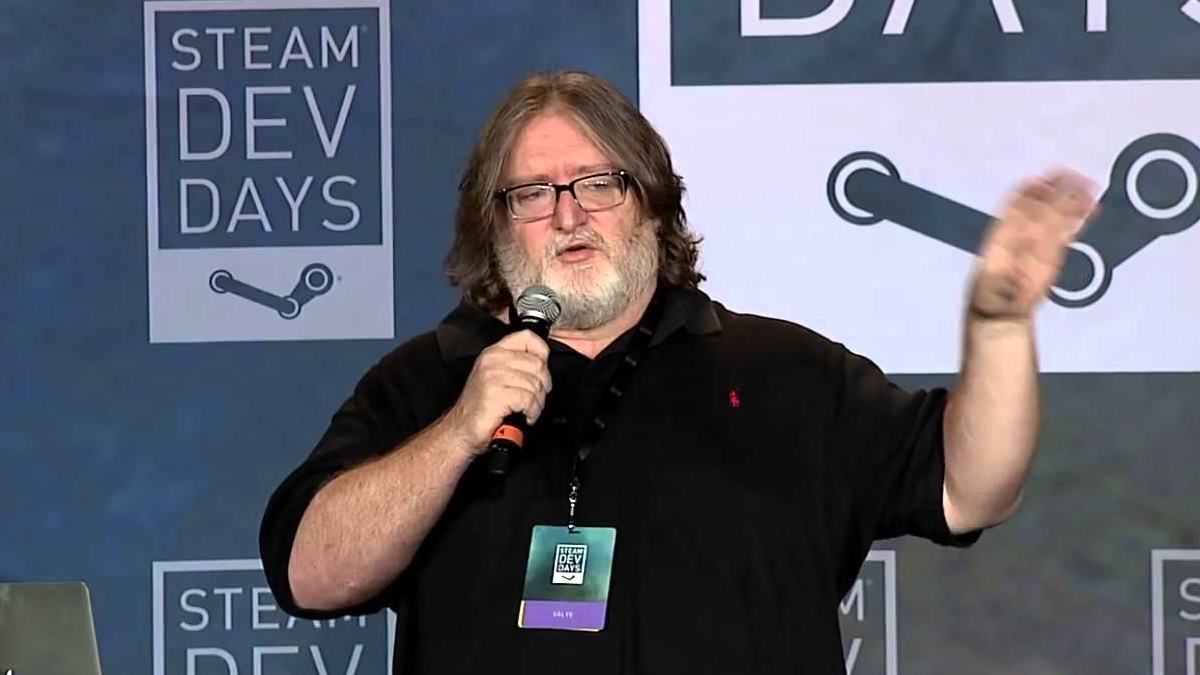
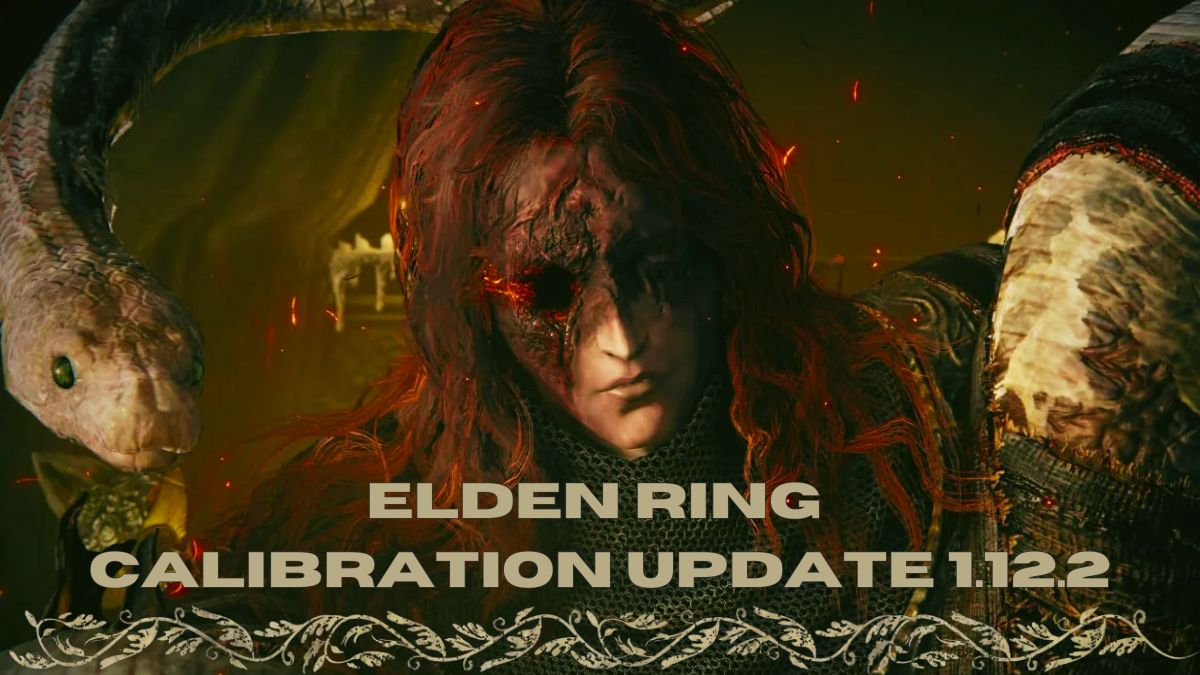
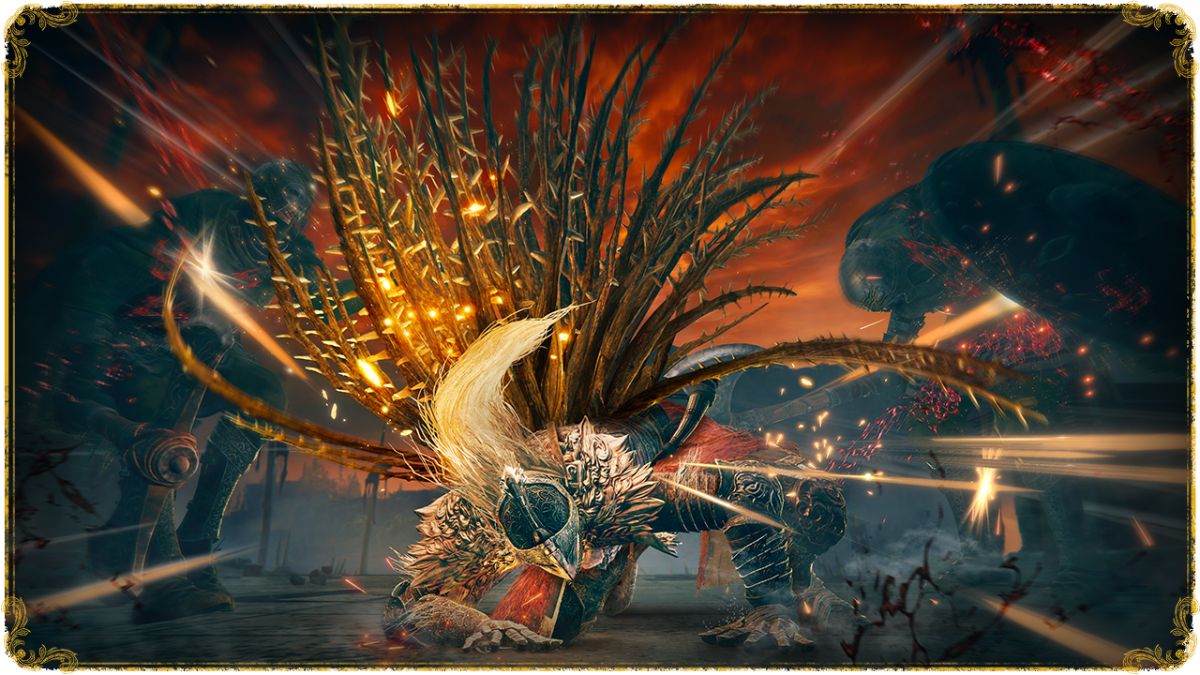
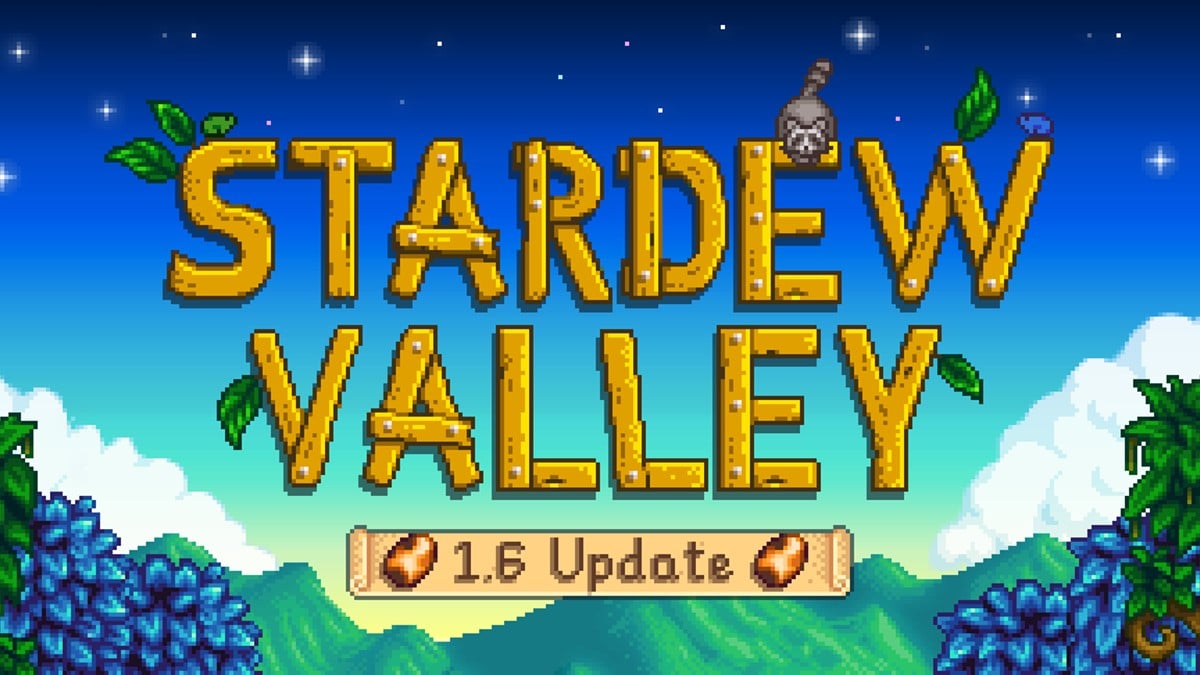


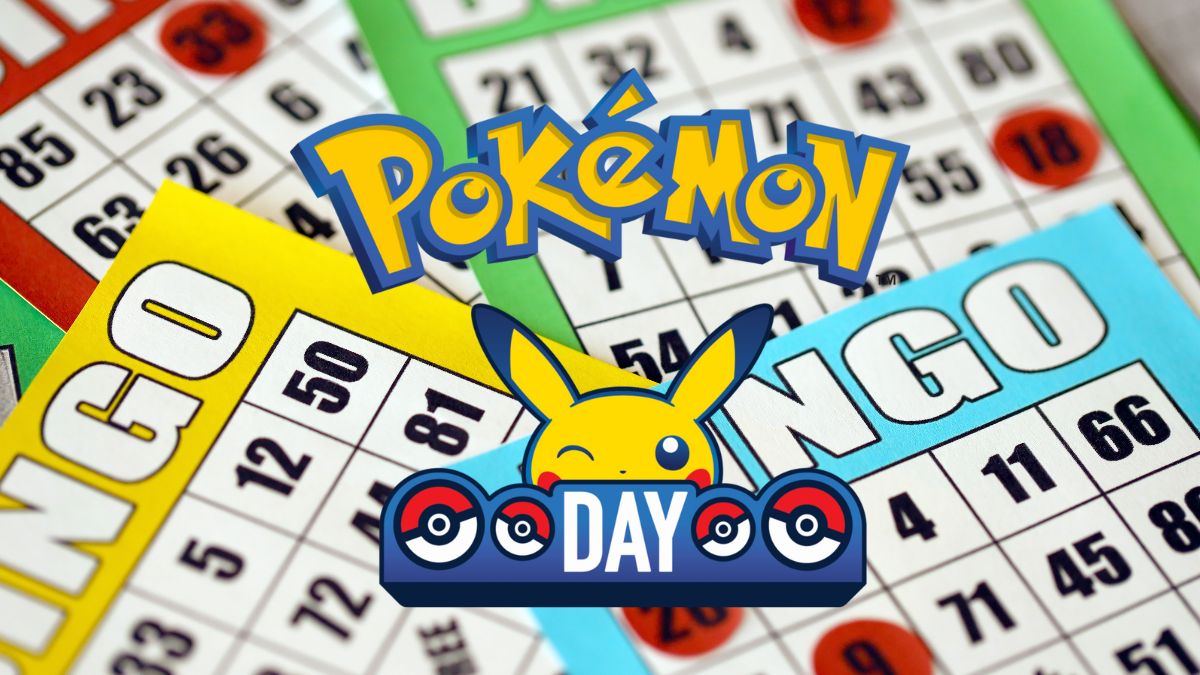


Published: Feb 26, 2022 03:31 am